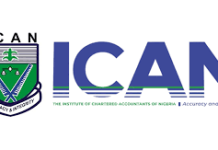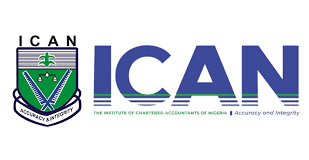Despite widespread suffering, product taxes in the country increased to N1.36 trillion in the first six months of 2023. This is a 113.29 percent rise from N636.19 billion in the first six months of 2021, and a 25.00 percent increase from N1.09 trillion in the same period of 2022.
These numbers are based on current basic prices and were collected from National Bureau of Statistics data on Net Indirect Taxes on Products. Adjusted for inflation, product taxes amounted to N465.94bn in the first six months of 2023, a 34.98% rise from N345.19bn in the first six months of 2021 and an 11.94% increase from the N416.23bn it was in the corresponding period of 2022.
The World Bank defines net indirect taxes (taxes less product subsidies) as the total of product taxes less subsidies. It claimed that product taxes are taxes levied on producers for the manufacture, sale, purchase, or use of products and services.
In the second quarter of 2023, the country’s GDP increased by 2.51% year on year in real terms. This was lower than the 3.54 percent reported in Q2 2022, and the NBS stated that this might be due to the severe economic conditions.
With income being affected by the worldwide economic slump, the federal government has increased its tax initiatives. The outlined how it will spend money in its Medium Term Expenditure Framework and Fiscal Strategy Paper for 2023-2035.
It said, “These measures include improving the tax administration framework, including tax filing and payment; as well as introduction of new and/or further increases in existing pro-heath taxes like excise on sugar-sweetened beverages, tobacco, and alcohol. Mixed reactions have greeted the implementation of these measures.”
The rise in product taxes year-on-year is despite falling purchasing power in the country with inflation hitting 22.79 per cent in June. According to the World Bank, the loss of purchasing power from high inflation has increased poverty and pushed about four million Nigerians into poverty between January and May 2023.
Inflation is expected to continue to rise and is predicted to hit 25 per cent by 2023. The global bank said, “Headline inflation is expected to rise from 18.8 per cent in 2022 to 25 per cent in 2023.”
Meanwhile, the International Monetary Fund has been advising Nigeria to raise its VAT rate to 15 per cent by 2027, which could further increase the amount generated from product tax and increase the prices of products.













